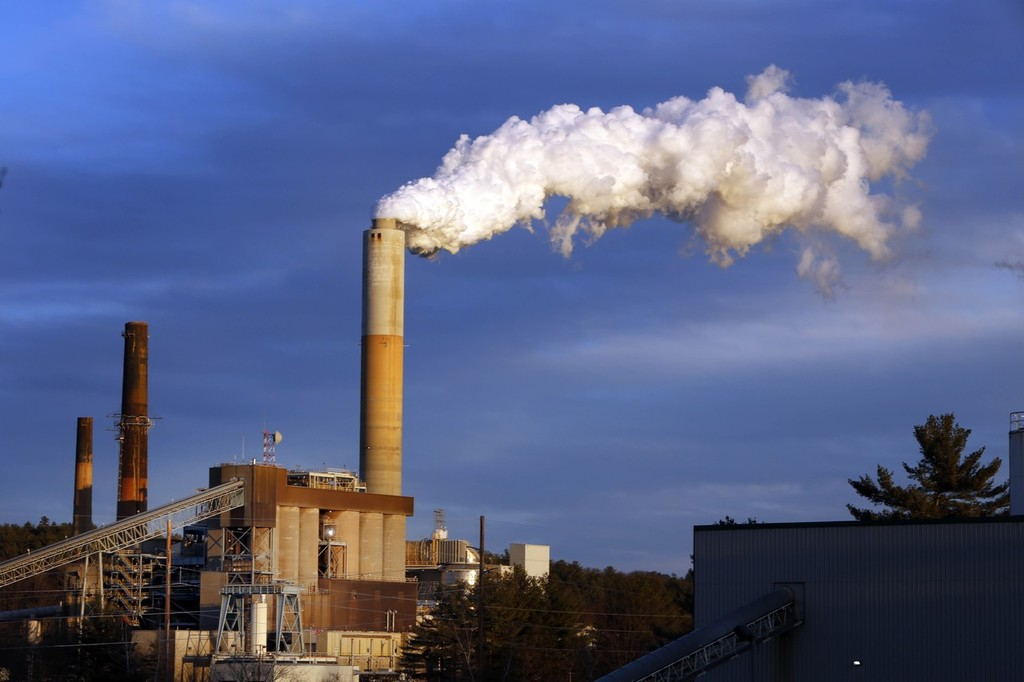Global warming increases world economic inequality: study


WASHINGTON -- A new study showed that global warming may worsen the economic inequality in the world since the 1960s.
The study published on Monday in the Proceedings of the National Academy of Sciences revealed that temperature changes caused by growing concentrations of greenhouse gases in the atmosphere might make cool countries like Norway richer, but slowed down economic growth in warm countries like Nigeria.
"Most of the poorest countries on Earth are considerably poorer than they would have been without global warming," said the study's lead author Noah Diffenbaugh, a climate scientist from Stanford University.
The researchers analyzed 50 years of annual temperature and GDP measurements for 165 countries to estimate the effects of temperature fluctuations on economic growth.
They found that, from 1961 to 2010, global warming decreased the wealth per person in the world's poorest countries by 17 to 30 percent.
The gap between the group of nations with the highest and lowest economic output per person is now approximately 25 percent larger than it would have been without climate change, according to the study.
"Crops are more productive, people are healthier and we are more productive at work when temperatures are neither too hot nor too cold," said Marshall Burke, assistant professor of Earth System Science at Stanford and a co-author of the study. "This means that in cold countries, a little bit of warming can help. The opposite is true in places that are already hot."
The researchers found that tropical countries, in particular, tend to have temperatures far outside the ideal for economic growth, but it's less clear how warming has influenced growth in countries in the middle latitudes, including the United States, China and Japan.
The study showed that a few of the largest economies are near the perfect temperature for economic output, but Burke warned that a large amount of warming in the future will push them further and further from the temperature optimum.

































